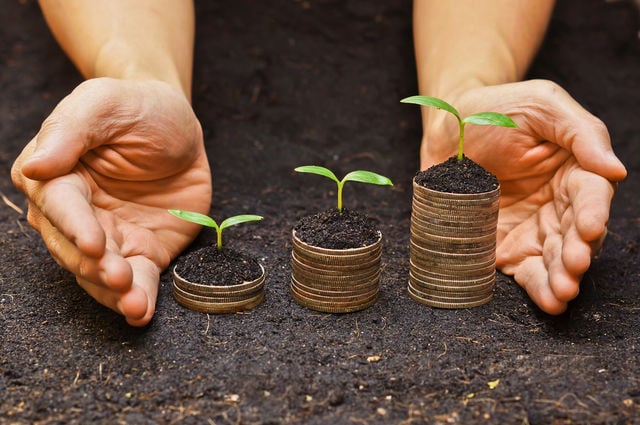Driving Resiliency and Sustainability in Hospitality: Five Priorities for 2021
23 experts shared their view
Recovery, resilience, recalibration, or bouncing back are a few examples of keywords that are at the center of any discussion surrounding the hospitality industry's economic prospects this past year. However uncertain the economic future may be, major crises of earth systems are unabated to date. While similarities exist between resiliency and sustainability (i.e. both concepts refer to the state of a system or organization over time in response to instabilities), there are notable differences, and conflicts, in the two concepts (i.e. achieving short-term economic resiliency at the expense of socio-environmental wellbeing). Looking forward, all eyes are on resiliency (growth!) in hospitality but how do we decouple growth from impacts, most notably carbon emissions? How do we ensure that sustainability is a component of resiliency (or vice versa)? What are the five priorities the hospitality industry should set to tackle resiliency and sustainability at the same time in 2021?
Sustainability is often - and unconsciously - translated as dispense of things we'd like to do or goods we'd like to have. Abandon flying, stop eating meat… But what if we changed not only the narrative but also our attitude? What if we'd rather focused on everything we gained from changing the way we do business, we consume, and we travel? What if we considered growth as a measure of quality, not quantity? In a more sustainable world people would be happier, the planet healthier and businesses more resilient. Do you doubt that? There is plenty of evidence that sustainable businesses were hit less by the COVID-19 pandemic. And there is enough scientific proof that shocks, disasters, and catastrophes (including potential future pandemics) are less likely to occur in a sustainable (business) world. These are the five priorities the hospitality industry should set to tackle resiliency and sustainability at the same time in 2021: be serious, avoid greenwashing, be aware of biodiversity, have knowledge of ecosystem services, have sound communication


